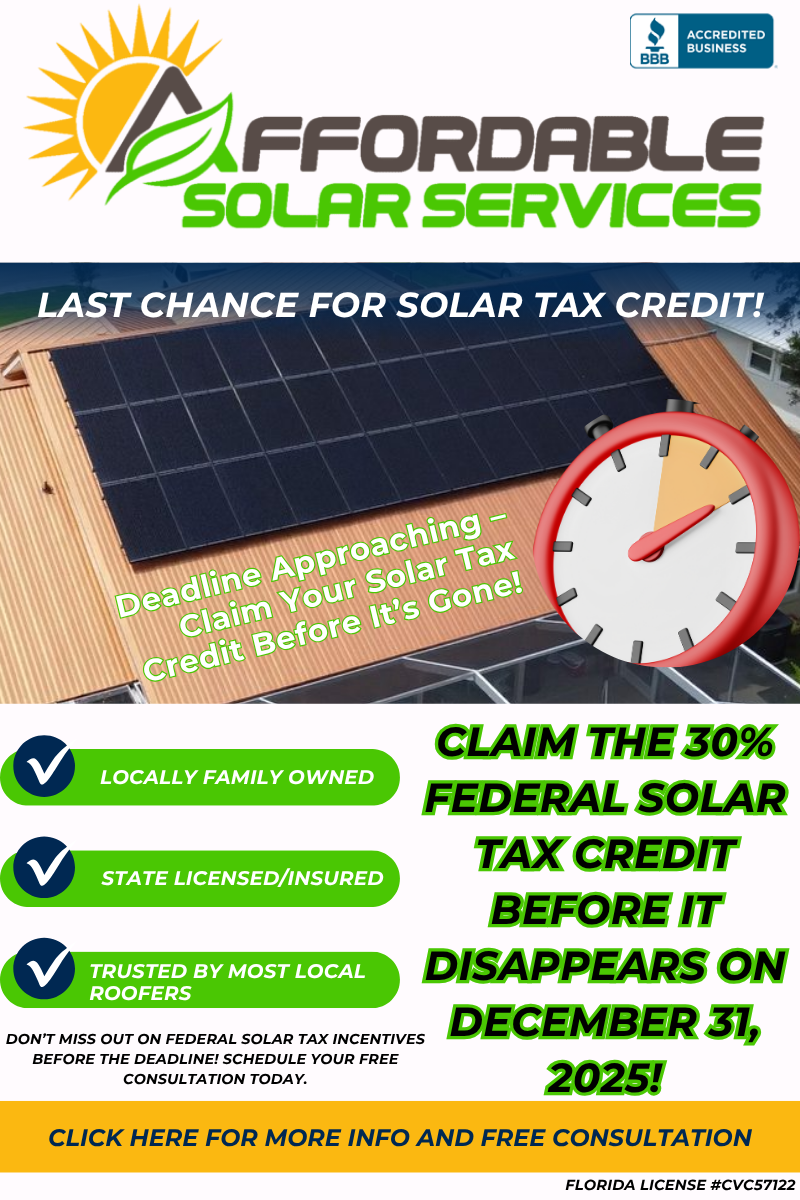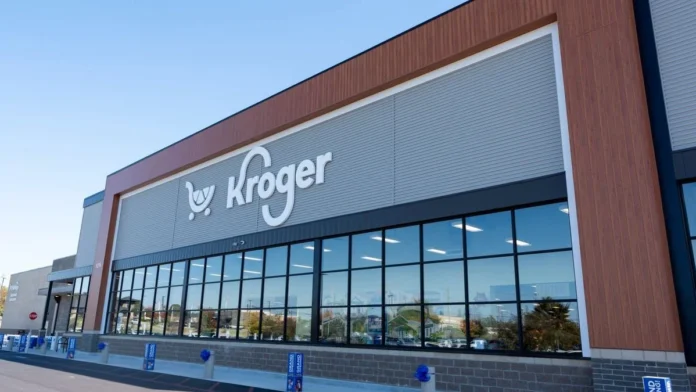Kroger has confirmed that it will shut down several of its large automated fulfillment centers, including the facility in Groveland, Florida, effectively ending Kroger Delivery service for customers across the Space Coast. Residents in Brevard County began receiving email notifications this week informing them that deliveries will stop on February 1, 2026, with final orders accepted through January 31.
The closures are part of a nationwide restructuring of Kroger’s eCommerce operations. According to a press release from the company, the move is expected to improve Kroger’s online profitability by roughly $400 million in 2026. The company says those gains will be reinvested into lower prices, better store conditions, and improved operating margins. However, Kroger also acknowledged it will incur approximately $2.6 billion in impairment charges in the third fiscal quarter of 2025 due to the closures and the automated fulfillment network failing to meet financial expectations.
Kroger described the changes as a shift toward a hybrid fulfillment model that relies more heavily on third-party platforms such as Instacart, DoorDash, and Uber Eats. Kroger recently expanded its Instacart partnership to become the primary delivery provider for Kroger.com and the Kroger app, and announced upcoming integrations with DoorDash Marketplace and Uber Eats in 2026.
“eCommerce remains a core part of serving customers who want better value, wide selection and flexible ways to shop,” said Ron Sargent, Kroger’s chairman and CEO. “We are taking decisive action to make shopping easier, offer faster delivery times, provide more options to our customers, and we expect to deliver profitable sales growth as a result.”
The Groveland automated fulfillment center served much of Central and East Florida, including Brevard County. Many local residents say they relied on the service since the pandemic and were caught off guard by the sudden notice. Others noted that Kroger has no physical stores in Florida, meaning the warehouse delivery system was the only way they could order Kroger products.
As part of the transition, Kroger says increased customer traffic through third-party apps will also support the growth of its retail media business, creating new advertising opportunities for consumer product brands.
Yael Cosset, Kroger’s executive vice president and chief digital officer, said the company is moving toward a flexible network that combines store-based fulfillment, automated centers in high-demand regions, and multiple delivery partners.
“Every customer is different, and they expect more options to access fresh, affordable food without compromising on the value or convenience,” Cosset said.
Kroger also confirmed that fulfillment centers in Pleasant Prairie, Wisconsin and Frederick, Maryland will close in January 2026. The company says it will continue monitoring the performance of its remaining automated facilities and will pilot smaller, store-based automation systems in high-volume markets.
For residents on Florida’s Space Coast, the announcement means Kroger’s unique warehouse-to-doorstep grocery delivery model will no longer be available. Customers who subscribed to Kroger Boost are being issued partial refunds.
Anyone who has received a shutdown notice is encouraged to share their location so the impact across Brevard County can be documented.











